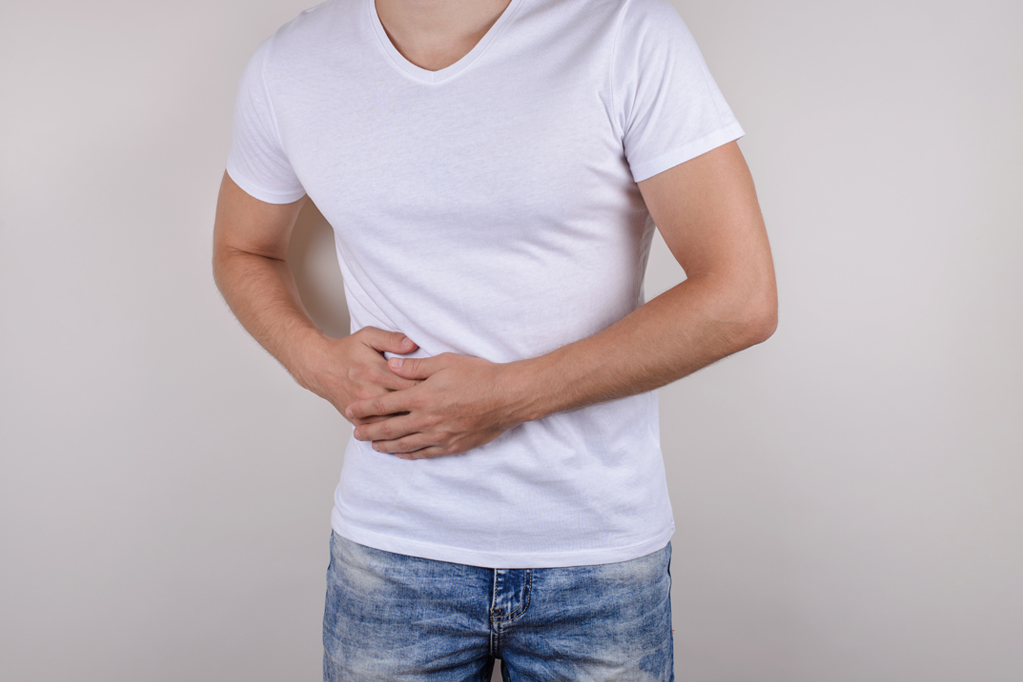Clogged Gall Bladder – When bile ducts are blocked, pain and complication can result.

Bile is a fluid that is produced in the liver and stored in the gall bladder. After a meal, when the body senses a rise in the amount of fatty substances in the duodenum (the first part of the small intestine), it signals to the gall bladder to release bile into the duodenum in order to help digest the fatty bits of the meal. Bile is therefore essential for the breakdown of lipids in the gastrointestinal tract.
Gallstones can block the tubes (ducts) through which bile flows from the gallbladder or liver to the small intestine. Gallstone formation could be due to excess cholesterol in the bile, or excess bilirubin produced after red blood cells are broken down by the body. Another possible reason: bile becomes concentrated and starts to form clumps after staying in the gallbladder for too long.
Blocked bile ducts can impair digestion of fats in the small intestine. It can cause excess unabsorbed fats in the distal parts of the digestive tract, resulting in a form of malabsorptive diarrhoea known as steatorrhoea. It can also lead to jaundice and infection of the ducts. Bile also plays an important role in the absorption of vitamin K, which helps blood to clot and prevent bone loss. Lack of vitamin K can lead to fractures and bleeding disorders.
Symptoms to look out for
- Sudden and intensifying pain in the right upper quadrant of the abdomen, often accompanied by referred pain between the shoulder blades or below the right shoulder; the pain may last several minutes to a few hours
- Nausea
- Vomiting
- Other digestive problems, such as bloating, indigestion, heartburn and gas
- Yellowing of the skin and whites of the eye
- High fever with chills
You are at risk if
- You are overweight or obese; this is one of the biggest risk factors
- You are female
- You are 40 years or older
- You take medications high in oestrogen, such as birth control pills or hormone therapy drugs
- You are pregnant
- You have diabetes
- Your diet is low in fibre and high in cholesterol and fat
- You have liver disease
- You have a family history of gallstones
Making lifestyle modifications such as maintaining a healthy weight and having a high-fibre diet can help keep this problem at bay







